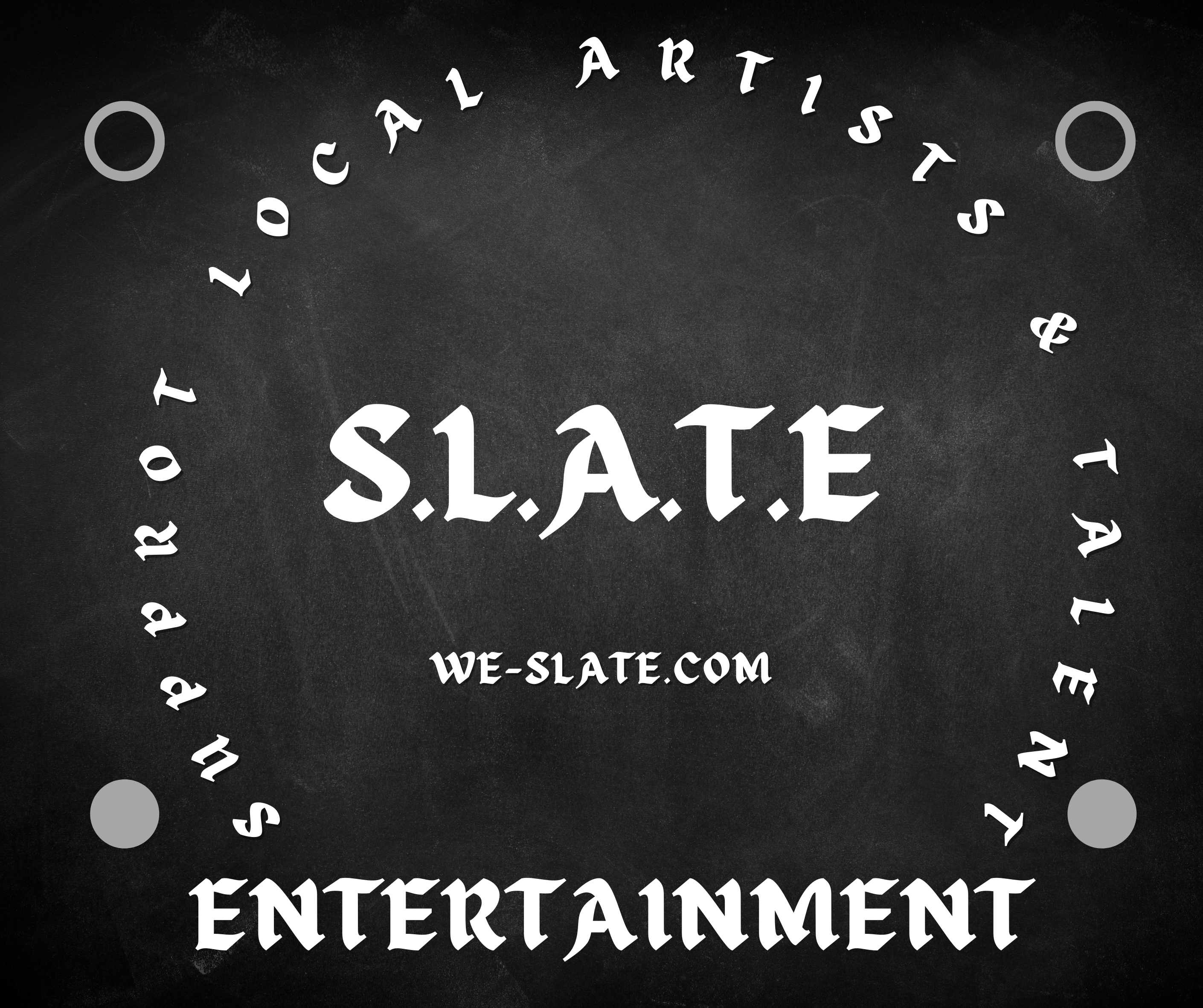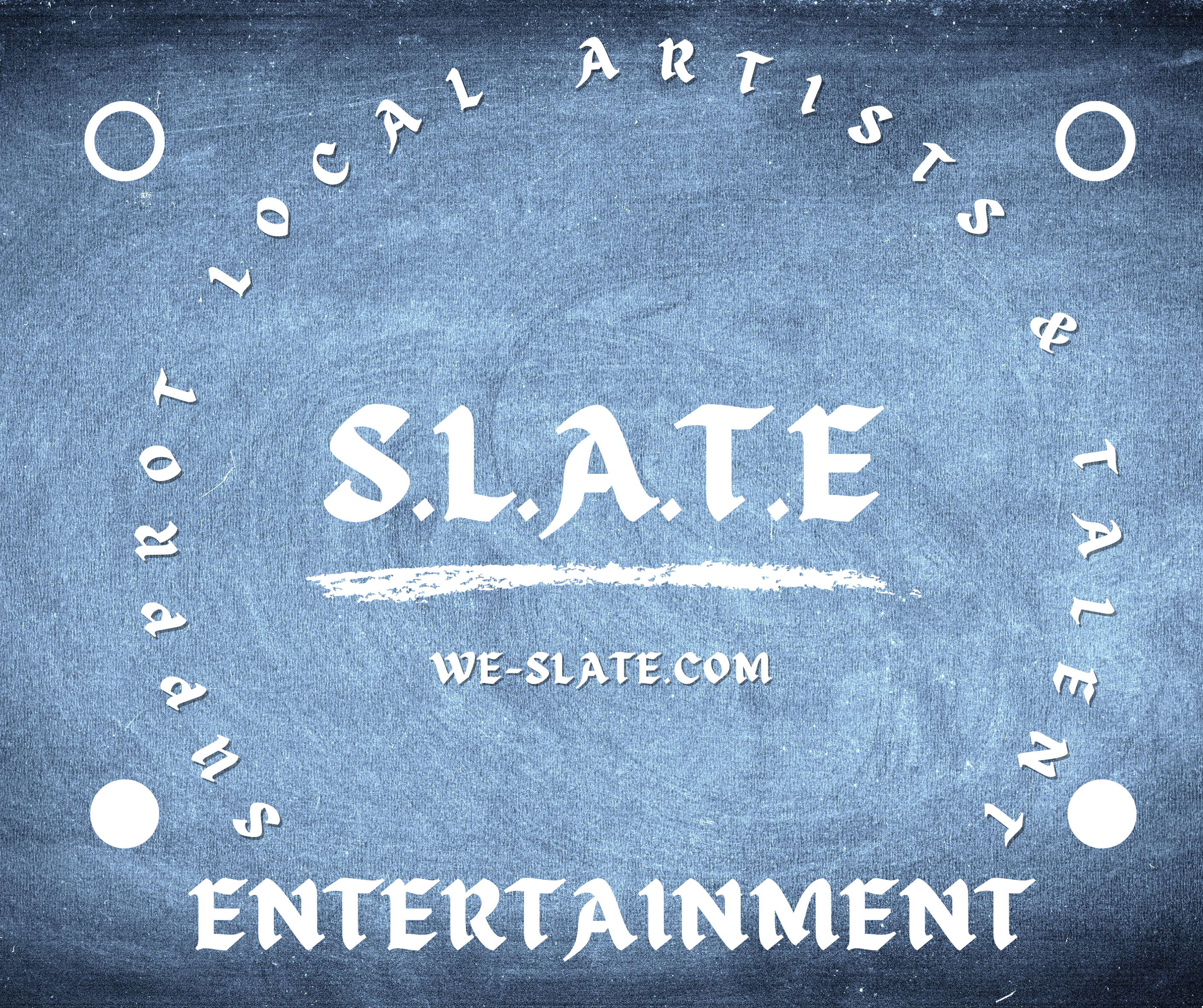
Unlocking the Power of Visual Media: A Guide to Music Synchronization Licensing for Artists
March 7, 2023 - Dj Life

Music is an integral part of many different types of media, from movies and TV shows to video games and commercials. If you’re a musician or composer looking to license your music for use in one of these contexts, you’ll need to familiarize yourself with something called a music synchronization license.
What is a music synchronization license?
A music synchronization license, also known as a sync license, is a type of license that grants permission to use a specific piece of music in sync with visual media. This could be anything from a movie or TV show to a video game or commercial. Essentially, it allows the licensee to synchronize your music with their visuals, creating a cohesive and compelling final product.
How does a music synchronization license work?
The process of obtaining a sync license can vary depending on the context in which your music will be used. Generally speaking, though, there are a few key steps involved.
First, the licensee (i.e. the person or company who wants to use your music) will need to reach out to you or your representatives to express interest in licensing your music. This could be done via email, phone, or through a licensing agency or platform.
Once you’ve established contact, you’ll need to negotiate the terms of the license. This could include things like the duration of the license (i.e. how long they can use your music), the territory in which it can be used, and the type of media in which it can be used (e.g. a movie but not a TV show).
You’ll also need to agree on a fee for the license. This can vary widely depending on the context and the popularity of your music. In some cases, you may be able to negotiate a flat fee for the use of your music, while in others, you may be paid a percentage of the revenue generated by the media in question.
Once you’ve agreed on the terms and the fee, you’ll need to provide the licensee with a copy of the master recording of your music (i.e. the final mix of the song) and any necessary paperwork (such as proof of ownership of the copyright).
The licensee will then be free to use your music in sync with their visual media for the duration of the license.
Who are some companies that artists can contact?
If you’re a musician or composer looking to license your music for sync, there are a few different types of companies you can reach out to. Here are a few examples:
- Musicbed – A leading music licensing platform that offers a vast selection of music for use in film, TV, advertising, and more. They work with independent artists and composers to provide high-quality music for a wide range of projects.
- Marmoset – A boutique music licensing agency that offers a personalized approach to music licensing. They curate a unique selection of music from independent artists and provide customized solutions to meet the needs of each individual project.
- Epidemic Sound – A music licensing platform that offers a vast library of high-quality music for use in film, TV, advertising, and more. They work with both independent artists and established composers to provide a wide range of music options for content creators.
- Audio Network – A global music licensing platform that offers a vast selection of music for use in film, TV, advertising, and more. They offer a range of licensing options to fit the needs of each individual project and work with independent artists and established composers.
- Pond5 – A marketplace for creative assets, including music. They offer a wide range of music for use in film, TV, advertising, and more, and allow artists to set their own prices and retain control over their copyrights.
- Artlist – Artlist is a music licensing platform that offers a curated selection of high-quality music for use in film, TV, advertising, and more. They offer a simple and affordable subscription-based model for content creators who need access to a large volume of music on an ongoing basis.
- Songtradr – Songtradr is a music licensing platform that offers a wide range of music for use in film, TV, advertising, and more. They work with both independent musicians and established composers, and offer a range of licensing options to fit the needs of each individual project.
These are just a few examples of the many music licensing agencies and platforms that artists can contact to license their music for sync. It’s worth noting that each company may have different requirements and fees for licensing music, so it’s important to do your research and compare multiple options to ensure that you are getting the best deal and the most suitable licensing agreement for your music. It’s also important to understand the rights and limitations associated with each type of license, such as the duration and territory of use, so that you can make informed decisions about which licenses to pursue. Ultimately, investing time and effort into researching and negotiating music synchronization licenses can help artists not only earn income, but also gain exposure and build their brand in the competitive media industry.
In conclusion, music synchronization licensing plays a critical role in the media industry. Artists and composers who want to license their music for use in film, TV, advertising, and other visual media should familiarize themselves with the process of obtaining a sync license. There are various companies and platforms that offer music licensing services, including Musicbed, Marmoset, Epidemic Sound, Audio Network, Pond5, Artlist, and Songtradr, among others. By understanding the process of obtaining a music synchronization license and partnering with the right licensing agency or platform, artists can earn money from the use of their music and expand their reach to new audiences.
Artists Wanted No 8: Meet Winner Clara
Greetings everyone, and welcome to the Community blog featuring the winner from the current edition of Artists Wanted. The Artists Wanted series on the Spotify Community is an ongoing project where we, the Community Music Chat Team, invite artists on the Community to share their newest releases and introduce [...]| Play | Cover | Release Label |
Track Title Track Authors |
|---|

